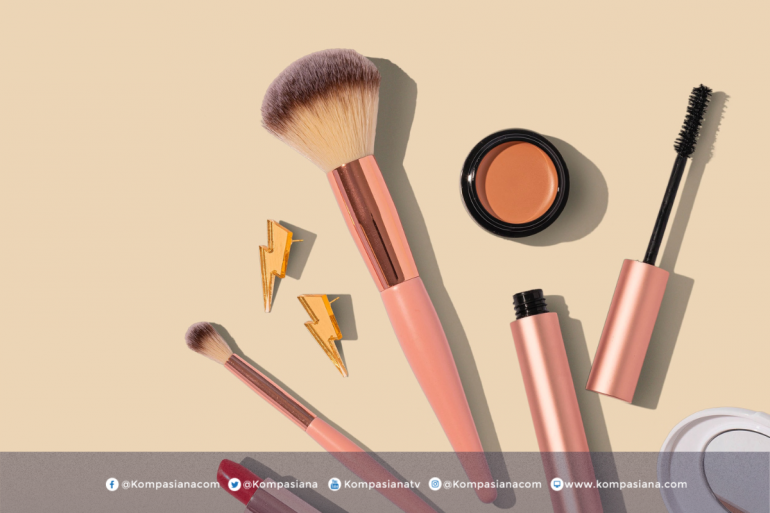Few weeks ago, I went to a local skincare shop, grabbing a product with niacinamide from the shelf without certainty of its effect or potential. I just know it’s very popular for skincare products and can make your skin a lot better. What kind of better is better? What is the effect for the skin and how do you know if it improves the quality of your skin? If you’re in a same place as me few weeks ago and is asking the exact same questions, then here’s everything you should know about niacinamide.
Among of other popular skin care ingredients such as vitamin C and retinol, niacinamide, also known as a topical version of vitamin B3, stands out a lot because of its benefit and versatility of effects for any skin type. Vitamin B3 itself is an antioxidant which is important for cell repair, making it very beneficial for anti aging products. Aside from the beauty benefits, taking niacinamide can also help preventing Vitamin B3 deficiency which can lead to disorders of skin, brain, and kidneys. Niacinamide is not the only source of vitamin B3, though. Vitamin B3 is also found at variety of dietary sources such as poultry and eggs.
Then what makes niacinamide sounds very special if we can get the vitamin B3 from our daily meals? Well, here’s five of niacinamide’s most notable benefits.
- Immunity : Niacinamide helps build keratin that keeps the skin healthy.
- Protect against ultraviolet rays : Niacinamide can rebuild healthy skin cells while protecting them against ultraviolet rays.
- Treats hyperpigmentation : Some research shows that 5% niacinamide concentration can help brightening dark spots due to its ability to produce collagen.
- Regulates oil production : Niacinamide can help regulate the oil production by the sebaceous gland, preventing the sebaceous gland from producing too much oil.
- Produces lipid barrier : Niacinamide can help the skin to form lipid barrier (ceramide) which can keep skin moisture that is beneficial for any skin types.
So, to put short, niacinamide is affecting one’s skin health directly, while there’s no guarantee that our daily meals that contains vitamin B3 will affect the skin in the way niacinamide does. But in order to see the maximum result of niacinamide in our skin, we need to apply it properly along with other skincare products of our choice in these simple steps :
- Cleanser
- Toner
- Exfoliate
- Serum and moisturizer (usually contains niacinamide)
- Sunscreen SPF 30 or above
Niacinamide usually works well with another skincare products like hyaluronic acid, AHA, BHA, and many more ingredients. However, if you have sensitive skin, it is recommended to take lower dosage of niacinamide (approximately 2% concentration) because niacinamide has a strong effect on the skin and taking lower dosage of it might help your skin to be at ease and adapt to niacinamide first.
If you want to see a long term improvement of your skin, then niacinamide is definitely a right choice. Generally, the result of niacinamide usage could be seen in 2-4 weeks, depending on your initial skin condition and the niacinamide concentration. Continuous use is recommended if your skin doesn’t show any symptoms of allergy to reach the best result. However, don’t expect your skin to be totally poreless (because the pore has a very important role in our body mechanism but we’re not going to talk about this), you can see the pore becoming less visible, your skin more hydrated and has a healthy glow, while fine line and wrinkles became smoother. If there’s no significant change in more than three months, you can consult to a dermatologist so they can assign you a personalized skincare routine and may give suggestions about products that fits you most.
Keep glowing!
Follow Instagram @kompasianacom juga Tiktok @kompasiana biar nggak ketinggalan event seru komunitas dan tips dapat cuan dari Kompasiana
Baca juga cerita inspiratif langsung dari smartphone kamu dengan bergabung di WhatsApp Channel Kompasiana di SINI








